
What Do You Give a Horse for Colic?. For a horse, the term "colic" refers to abdominal pain that could signal anything from a mild problem to a life-threatening condition. Knowing what to give--and not to give--your horse could literally mean the difference between life and death.
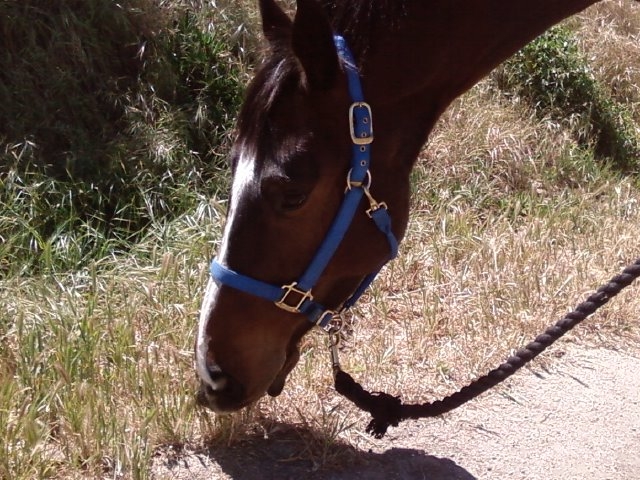
The best thing you can do for your horse if you suspect he is colicking is to call your veterinarian immediately. If it's a minor episode it may pass before the vet arrives but if it's serious, time is of the essence.
While you're waiting for the vet, it's wise to take all food away from your horse but leave him plenty of water. Taking him for a walk might also alleviate some pain if he's suffering from a minor gas colic. If it's cold outside, consider covering him with a blanket or sheet.
One of the first things your vet will most likely do is insert a nasogastric tube into your horse's stomach through his nose to flush out his stomach and, if called for, administer up to a gallon of mineral oil to prevent constipation.
After a thorough examination, your vet may give your horse either Banamine or Rompun, drugs that specifically target reducing abdominal pain. These are prescription drugs and should only be given by a veterinarian.
If you are absolutely confident that your horse is experiencing a very minor colic, taking him for a walk and letting him graze on good quality grass may alleviate the situation. Continue to keep an eye on him until the episode has passed.
There are several old wives tales out there about homemade colic treatment including giving your horse wine, a soupy bran mash or homeopathic mixtures. Don't do anything other than maybe a little grass until your veterinarian has examined your horse and determined the type of colic and the necessary treatment.
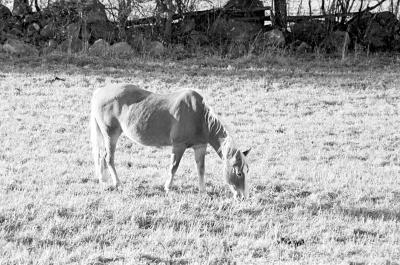 How to Fatten Up a Skinny Horse
How to Fatten Up a Skinny Horse
How to
How to Fatten Up a Skinny Horse
How to Fatten Up a Skinny Horse
How to
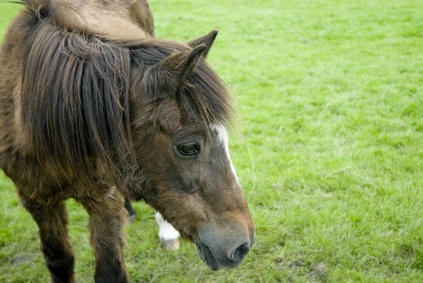 How to Put Weight on an Old Horse
How to Put Weight on an Old Horse
How
How to Put Weight on an Old Horse
How to Put Weight on an Old Horse
How
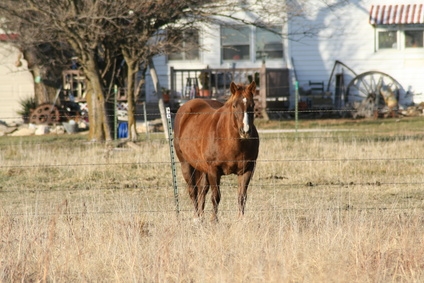 Horse Fence Height Requirements by Breed
Horse Fence Height Requirements by Breed
Horse Fence Height Requirements by Breed
Horse Fence Height Requirements by Breed
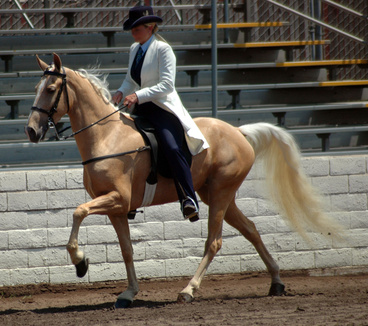 About Walking Horse Bridles
About Walking Horse Bridles
About Walk
About Walking Horse Bridles
About Walking Horse Bridles
About Walk
 How to Build a Single Horse Barn
How to Build a Single Horse Barn
How t
How to Build a Single Horse Barn
How to Build a Single Horse Barn
How t
Copyright © 2005-2016 Pet Information All Rights Reserved
Contact us: www162date@outlook.com